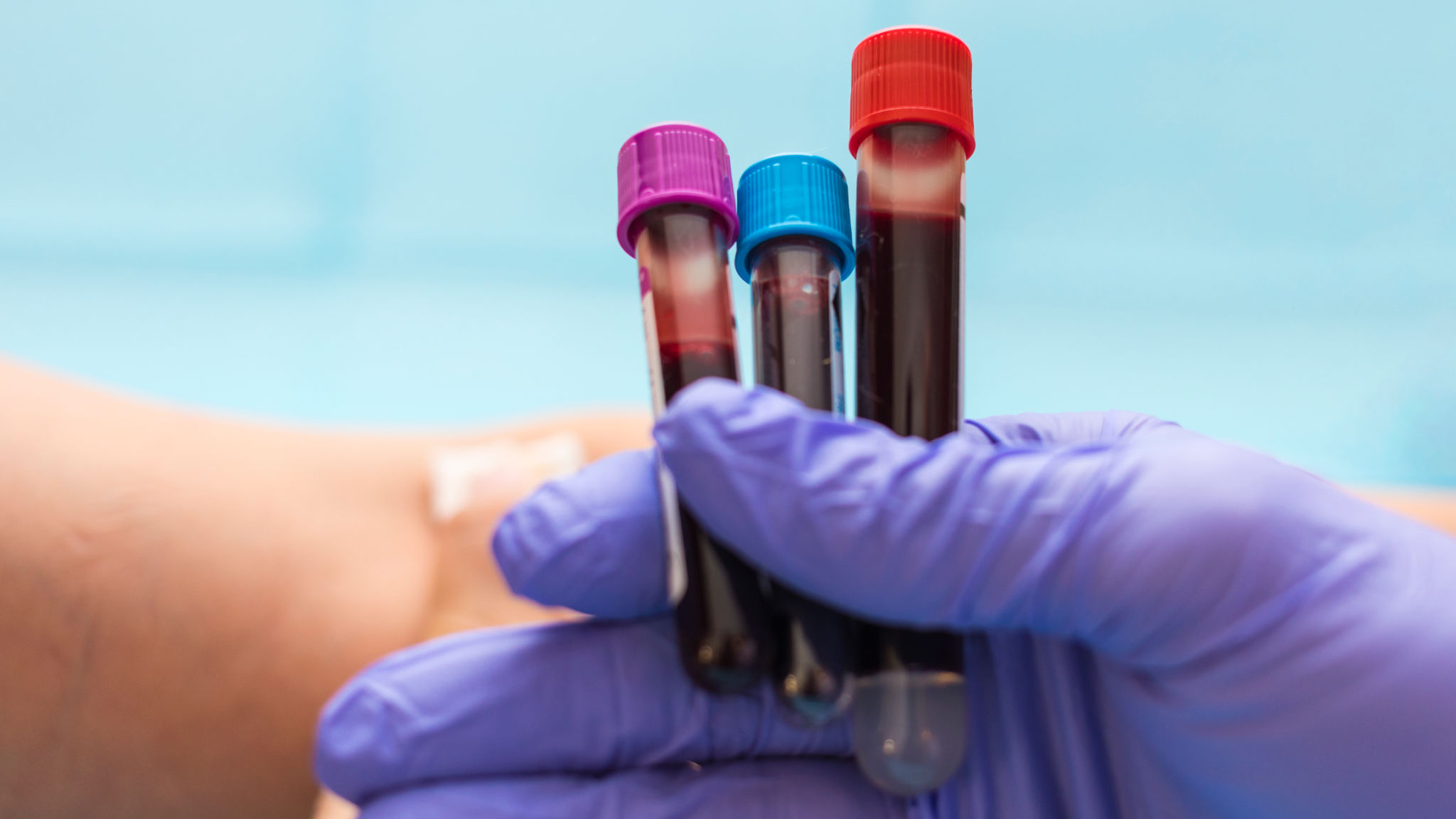Blood Test Analysis: What to Expect and How to Prepare
Understanding Blood Test Analysis
Blood tests are essential tools in modern healthcare, offering critical insights into your body's health and functioning. Whether you're undergoing a routine check-up or investigating specific symptoms, understanding what blood tests can reveal is crucial. These tests can help diagnose diseases, monitor medical conditions, and evaluate the effectiveness of treatments.

Types of Blood Tests
There are several types of blood tests, each serving a unique purpose. Common tests include:
- Complete Blood Count (CBC): Measures components like red and white blood cells, hemoglobin, and platelets to assess overall health and detect a variety of disorders.
- Basic Metabolic Panel (BMP): Provides information about your kidneys, blood sugar levels, and electrolyte balance.
- Lipid Panel: Evaluates cholesterol levels to assess cardiovascular health.
Preparing for a Blood Test
Proper preparation can significantly impact the accuracy of your blood test results. Here are some general guidelines to follow:
- Fasting: Some tests require fasting for 8-12 hours beforehand. Confirm with your healthcare provider if fasting is necessary for your specific tests.
- Avoid Certain Foods and Drinks: Refrain from consuming alcohol, caffeine, or fatty foods as they might skew the results.
- Stay Hydrated: Drinking water helps make the veins more accessible for drawing blood.

What to Expect During the Procedure
Many people feel anxious about blood tests, but knowing what to expect can ease nerves. The procedure is typically quick and involves the following steps:
- The healthcare professional will clean the area with an antiseptic to prevent infection.
- A tourniquet will be applied to your upper arm to make your veins more prominent.
- A needle is inserted into a vein to draw blood, which usually takes only a few minutes.
After the sample is collected, pressure is applied to stop any bleeding, and a bandage is placed over the site. You may experience minor bruising or discomfort, but these symptoms typically resolve quickly.

Interpreting Your Results
Once the lab processes your blood sample, results are typically available within a few days. Your healthcare provider will review these results with you, explaining any abnormal findings and what they might indicate about your health. It's important to remember that not all abnormalities signify disease; some may be due to temporary factors like stress or diet changes.
Follow-Up Steps
If your results indicate potential health issues, your doctor may recommend further tests or lifestyle adjustments. This might include dietary changes, increased physical activity, or medication. Regular monitoring through follow-up blood tests can help track your progress and ensure that any interventions are working effectively.
Being proactive about your health by understanding blood test analysis can empower you to make informed decisions. Remember that communication with your healthcare provider is key to navigating your test results and maintaining optimal health.